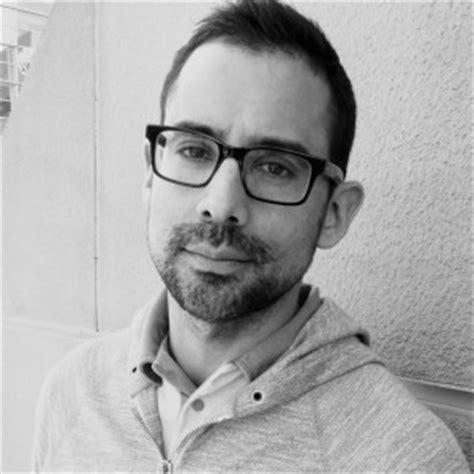A Quote by Randall Mann
I am probably going to pay for this at some point, but I think pretty much everyone I come into contact with is fair game. So I use real names sometimes if the poem says it happened like that. It feels right if I use the real person I reference. Of course the poem is all lies, even when it's true, so I guess I can sleep at night.
Related Quotes
The subject of the poem usually dictates the rhythm or the rhyme and its form. Sometimes, when you finish the poem and you think the poem is finished, the poem says, "You're not finished with me yet," and you have to go back and revise, and you may have another poem altogether. It has its own life to live.
The poem is not, as someone put it, deflective of entry. But the real question is, 'What happens to the reader once he or she gets inside the poem?' That's the real question for me, is getting the reader into the poem and then taking the reader somewhere, because I think of poetry as a kind of form of travel writing.
I feel like the older I get, the truer it feels that I'm only going have an investment in a poem if it allows or forces me to bring something that's supremely me onto the page. I used to think that the speaker of a poem was talking to someone else, to some ideal reader or listener, but now I think that speakers - poets - are talking to themselves. The poem allows you to pose questions that you have you ask of yourself knowing that they are unanswerable.
Reading a poem is a real thing, a worthy thing. So to be there right with the reader at that moment is part of the effect of a title like "Poem for" something or other. Matt Rohrer does this a lot in his titles, and I think I might have gotten some of the idea to do this, or at least been reminded of how it can work, from his recent amazing books.
I keep feeling that there isn't one poem being written by any one of us - or a book or anything like that. The whole life of us writers, the whole product I guess I mean, is the one long poem - a community effort if you will. It's all the same poem. It doesn't belong to any one writer - it's God's poem perhaps. Or God's people's poem.
Lucky accidents seldom happen to writers who don't work. You will find that you may rewrite and rewrite a poem and it never seems quite right. Then a much better poem may come rather fast and you wonder why you bothered with all that work on the earlier poem. Actually, the hard work you do on one poem is put in on all poems. The hard work on the first poem is responsible for the sudden ease of the second. If you just sit around waiting for the easy ones, nothing will come. Get to work.
I don't like real places, but I don't like imagined ones either. I feel like I'm looking for some mixture and it's very hard for me to say because I like to use real place names because there's an uncanny feeling to them, but at the same time I don't ever really try to make them plausible. Sometimes I like to use them as a way to hide in plain sight a little bit, because to me a very exotic or imagined setting has a lot of weight and a lot of burden to it, and it doesn't suit me, but a real place seems to have its own weird legacy, so I don't know what the choice is?




































